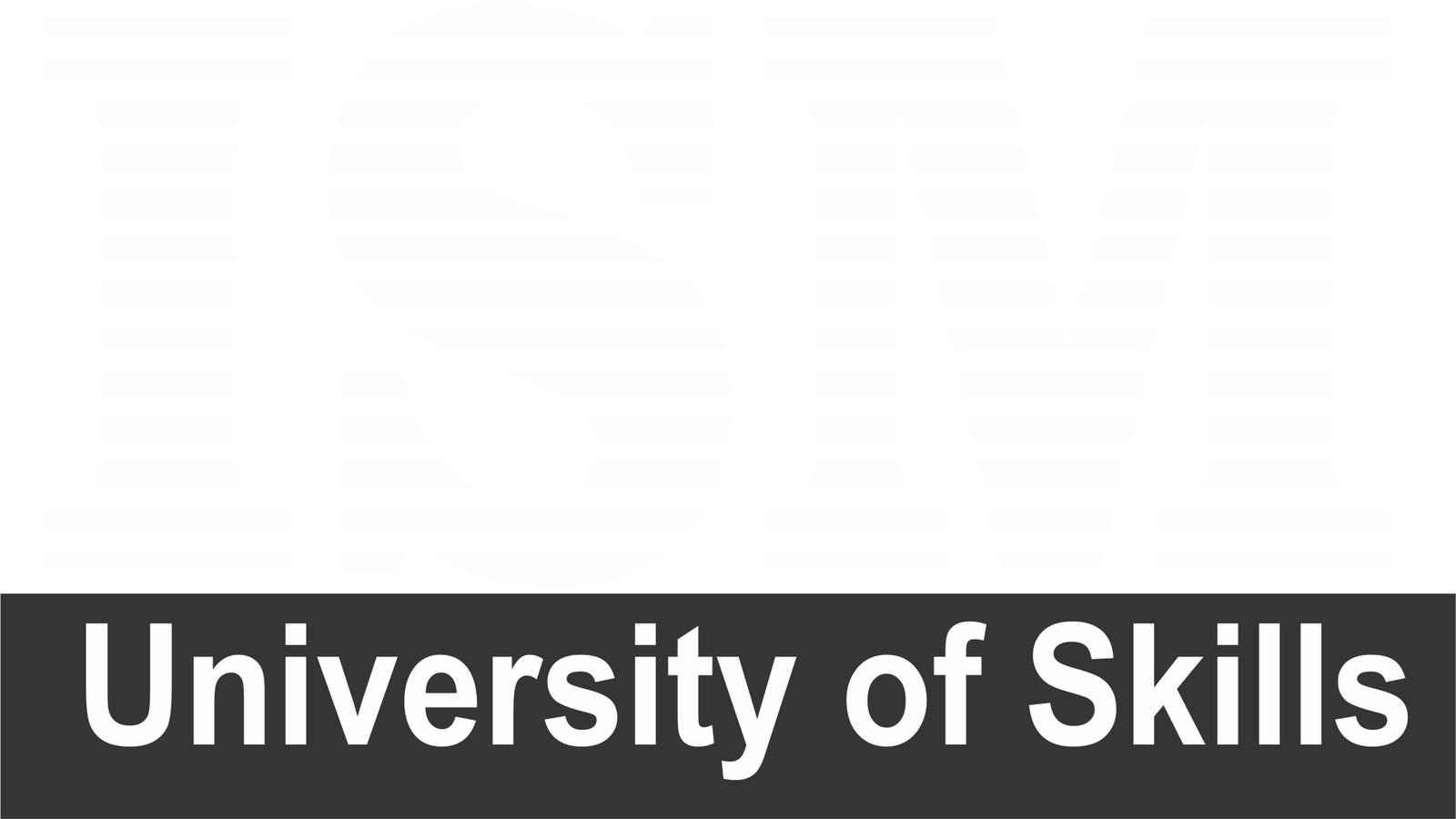In the ever-evolving landscape of healthcare and bioinformatics, Python is emerging as the unsung hero, powering transformative advancements in medicine and genomics. This versatile programming language, known for its simplicity and versatility, is playing a crucial role in revolutionizing the healthcare industry. In this article, we embark on a journey through Python’s contributions to healthcare, ranging from analyzing medical data to facilitating telemedicine.
Analyzing Medical Data with Python: At the heart of modern healthcare lies an ocean of data – patient records, diagnostic results, treatment histories, and more. Python’s data analysis libraries, such as Pandas and NumPy, have proven invaluable in making sense of this wealth of information. With Python, healthcare professionals can efficiently analyze trends, identify patterns, and derive meaningful insights from large datasets.
Drug Discovery and Genomics with Python: Python’s capabilities extend into the world of genomics and drug discovery, where precision is paramount. Using Python, researchers can decode complex genetic information, identify genetic markers for diseases, and accelerate drug discovery processes. Libraries like Biopython provide a toolkit for tasks ranging from sequence alignment to protein structure prediction.
Healthcare Analytics and Predictive Modeling: Python’s machine learning libraries, including Scikit-learn and TensorFlow, empower healthcare organizations to harness predictive analytics. These models enable early disease detection, patient risk assessment, and optimized treatment plans. Python’s role in predictive modeling has the potential to save countless lives by enabling proactive medical interventions.
Telemedicine Applications: The COVID-19 pandemic catapulted telemedicine into the spotlight. Python swiftly adapted to meet the demands of remote healthcare. Through Python, telemedicine platforms have been developed to facilitate virtual consultations, remote monitoring, and even AI-driven diagnostic assistance. This has not only improved access to healthcare but also reduced the burden on healthcare infrastructure.
Challenges and Ethical Considerations: While Python’s impact on healthcare is undeniable, it brings with it challenges, notably concerning data privacy and security. Ethical considerations regarding the use of AI in healthcare, like bias in predictive models, demand constant vigilance and refinement.
Conclusion: Python’s presence in the healthcare and bioinformatics realms is akin to a silent revolution. It is transforming the way we diagnose diseases, discover treatments, and access healthcare services. As Python continues to evolve and adapt, it holds the promise of delivering a healthier and more equitable future for all. With its power to analyze, innovate, and inspire, Python is truly scripting the future of healthcare.
In this dynamic era of healthcare, Python stands as a beacon of hope and progress, illuminating the path towards healthier lives for individuals and communities alike. Its versatility knows no bounds, making it a driving force in the relentless pursuit of better health for all.

